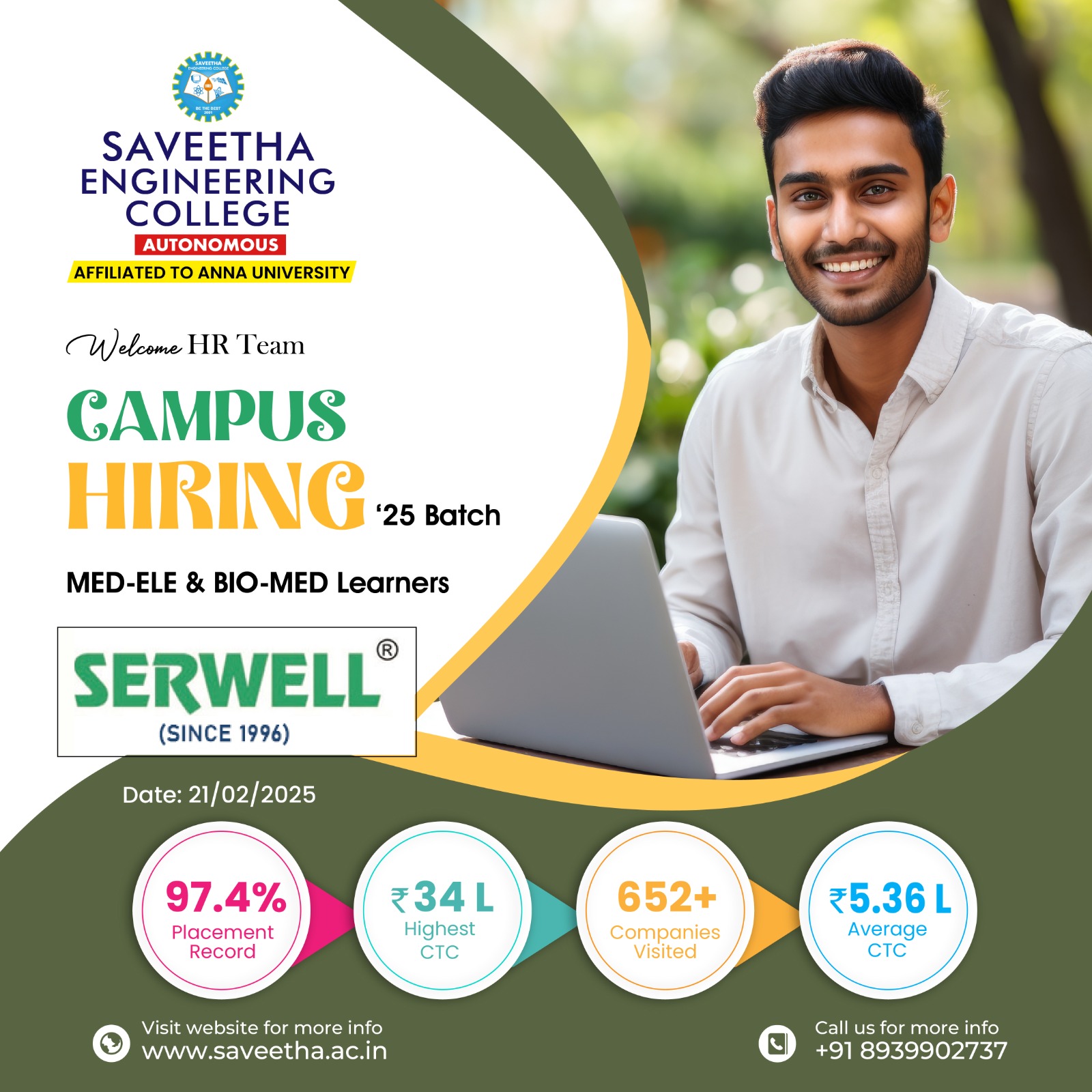About the Department
Medical Electronics is an emerging branch of engineering, established in the year 2017 with an intake of 60 students under the affiliation of Anna University. Our department's aim is to provide quality education in the field of Medical Electronics. The department has qualified and technically competent faculties with a good academic, industrial and research background. The Department is fully equipped with state-of-the-art laboratories such as Virtual Instrumentation, Biomedical signal processing, Medical Image Processing and Medical Instrumentation. As a part of the curriculum, industrial visits are arranged for B.E. students and we provide hands-on training on various types of medical equipment from Saveetha Medical College and Hospital. Students can also actively participate in the field of research by utilizing facilities in MEMS Design and Research Centre which is present in our college.
Key Features
- Industry – Institute interactions with eminent healthcare organisations like Philips, Siemens Healthcare, GE Healthcare.
- Collaboration with professional bodies such as Indian Bio-Medical Skills Consortium, BMESI & IEEE-Engineering in Medicine and Biology society and Roche Medical Equipments, Phoenix Medical Systems and HCL healthcare for training
- Consultancy projects in Biomechanics, Biomaterials and Artificial Organs for overseas clients
- Ongoing projects with the Department of General Medicine, SMCH. Animal house, SIMATS Infrared Thermal image acquisition for clinical diagnosis.
- Alumni pursuing M. Tech at IIT Kharagpur
- MOU for Research and Centre of Excellence with Neuroshield on Biosignal Analysis
- Department has received Rs 24 L funding for International conference,STTP,FDP,Workshop,Seminar from AICTE and IEEE
- Students placed in Core companies and IT companies.
- The medical electronics industry includes personal medical devices, bio-physical monitoring, life support systems, implants, bionics in rehabilitation of physically challenged, embedded technology in neurosciences, Cardiac Sciences.

Placement Data

Centre of Excellence
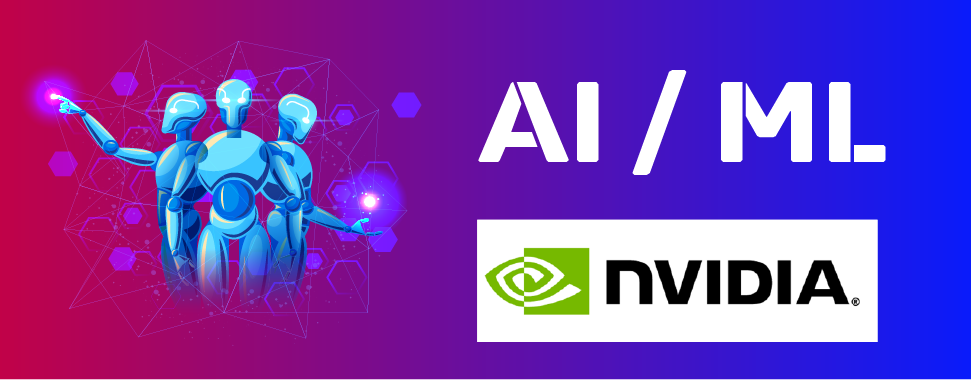
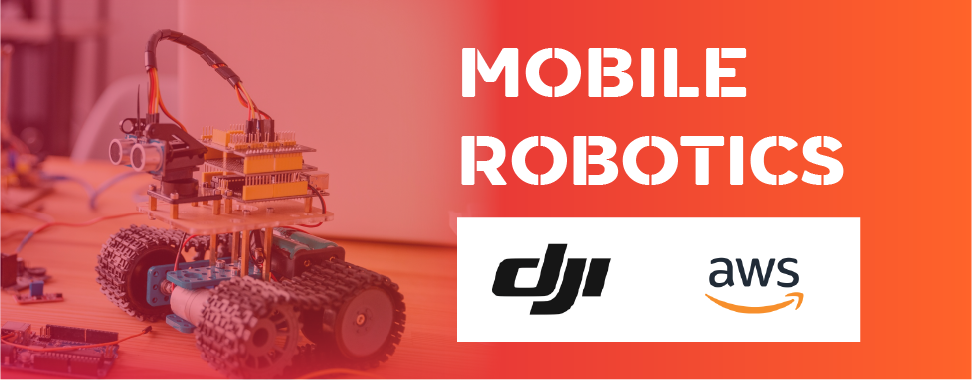
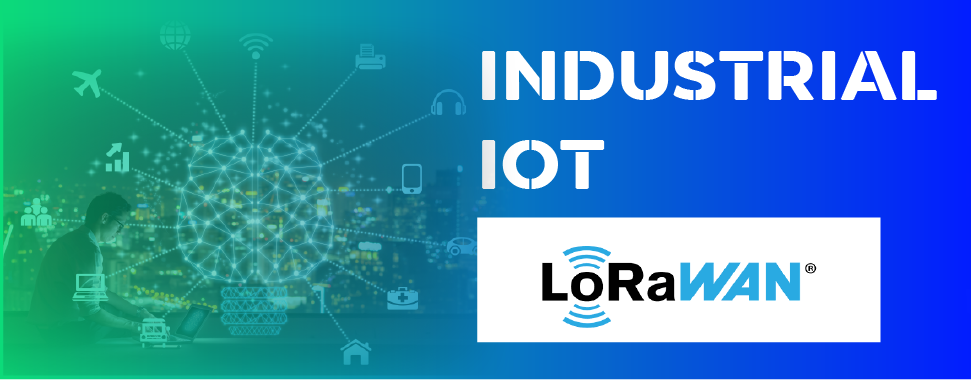
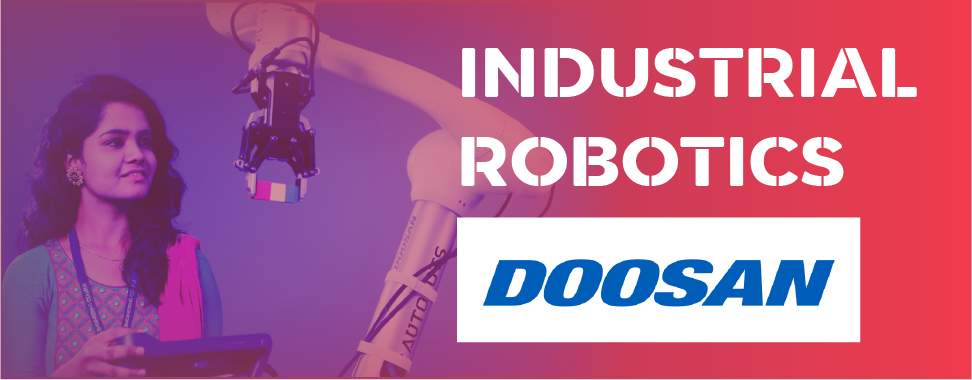


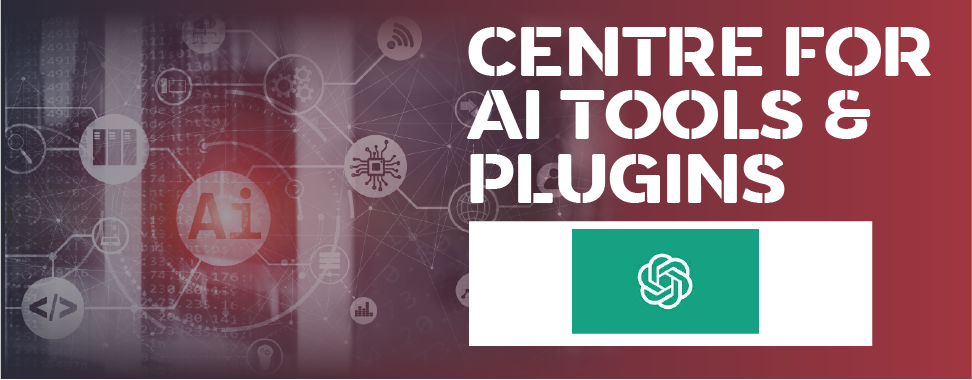
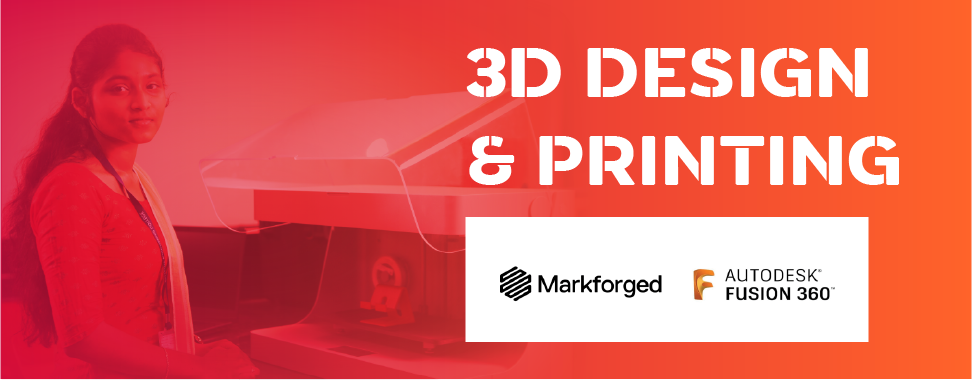
Eminent Alumni
News and Events
✨ Gear up for your career breakthrough in Zifo – Campus Hiring Drive
The ’25 batch Bio-Medical and Medical Electronics learners conducted by Saveetha Engineering College (Autonomous). Learners, your journey to success begins!
🔬Tech & Healthcare: 5-Day FDP at SEC
🎉 Saveetha IEEE Student Branch at Saveetha Engineering College hosts the Five-Day Faculty Development Programme on “Various Facets of Technology
💫 Step into Success with SEC’s Placements!
🚀 SEC (Autonomous) conducts “SERWELL – Campus Hiring Drive” for MED-ELE and BIO-MED ’25 batches. 💼 Grab this opportunity—your career
- Biochemistry Lab
- Pathology and Microbiology
- Biomedical and Virtual Instrumentation Laboratory
- Diagnostic and Instrumentation Laboratory
- Biosensors and Transducers Laboratory
- Biosignal Processing Laboratory
- Medical Image processing Laboratory
- Biomechanics lab
To develop an excellent progressive quality education, translational research through inventive collaborations as par industry to improve healthcare and well being of humankind serving society
MISSION
- To educate students with fundamental knowledge, interdisciplinary problem-solving skills and confidence required to excel in medical electronics through progressive learning.
- To achieve new developments and progress for relevant healthcare solutions to support medical professionals in their efforts for regaining a healthy being to humankind through industrial collaboration and research with standard ethics.
PROGRAMME EDUCATIONAL OBJECTIVES (PEOs)
- To provide the students a strong basic in Electronics, Mathematics and Life science and to integrate these concepts for developing new Medical devices.
- To instill innovative and efficient solutions in solving the real-life engineering problems by employing the knowledge and skills of Medical Electronics.
- To encourage the interest on Research, Leadership and Ethics, and to emerge as entrepreneurs to serve the society.
PROGRAMME OUTCOMES (POs)
- Engineering Graduates will be able to:
- Engineering knowledge: Apply the knowledge of mathematics, science, engineering fundamentals, and an engineering specialization to the solution of complex engineering problems.
- Problem analysis: Identify, formulate, review research literature, and analyze complex engineering problems reaching substantiated conclusions using first principles of mathematics, natural sciences, and engineering sciences.
- Design/development of solutions: Design solutions for complex engineering problems and design system components or processes that meet the specified needs with appropriate consideration for the public health and safety, and the cultural, societal, and environmental considerations.
- Conduct investigations of complex problems: Use research-based knowledge and research methods including design of experiments, analysis and interpretation of data, and synthesis of the information to provide valid conclusions.
- Modern tool usage: Create, select, and apply appropriate techniques, resources, and modern engineering and IT tools including prediction and modeling to complex engineering activities with an understanding of the limitations.
- The engineer and society: Apply reasoning informed by the contextual knowledge to assess societal, health, safety, legal and cultural issues and the consequent responsibilities relevant to the professional engineering practice.
- Environment and sustainability: Understand the impact of the professional engineering solutions in societal and environmental contexts, and demonstrate the knowledge of, and need for sustainable development.
- Ethics: Apply ethical principles and commit to professional ethics and responsibilities and norms of the engineering practice.
- Individual and team work: Function effectively as an individual, and as a member or leader in diverse teams, and in multidisciplinary settings.
- Communication: Communicate effectively on complex engineering activities with the engineering community and with society at large, such as, being able to comprehend and write effective reports and design documentation, make effective presentations, and give and receive clear instructions.
- Project management and finance: Demonstrate knowledge and understanding of the engineering and management principles and apply these to one’s own work, as a member and leader in a team, to manage projects and in multidisciplinary environments.
- Life-long learning: Recognize the need for, and have the preparation and ability to engage in independent and life-long learning in the broadest context of technological change.
PROGRAMME SPECIFIC OBJECTIVES (PSOs)
- To design and develop sophisticated Medical devices which reduces physician turmoil and supports quality of life by applying Medical, Life sciences and Engineering for the society.
- To apply Hardware and Software skills in developing Algorithms for Solving healthcare related problems in various fields of Medical sector.
- To develop Innovative Medical Devices by combining Modern Ideas of their Core Field and Emerging Technologies.



